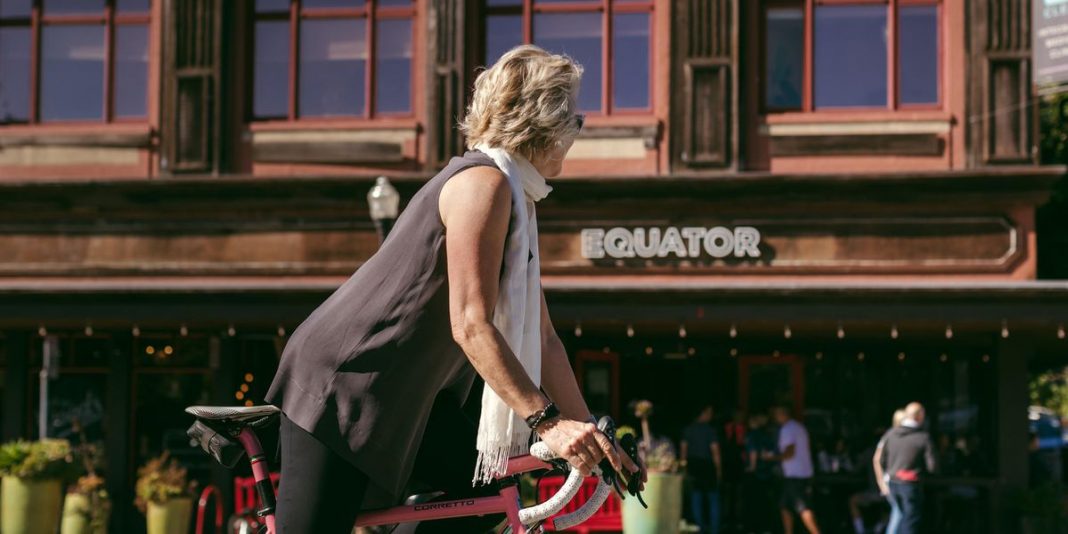When cofounder and CEO of Equator Coffees, Helen Russell was expanding her small roastery to a wholesaler, nationally-recognized brand, she made sure that transparency was the driving force behind the California-based specialty coffee company.

CEO and co-founder of Equator Coffees, Helen Russell, identifies as a community-driven company as … [+]
Equator Coffees
So, how does one build a coffee company with household names like Starbucks and Folgers dominating the beverage industry? With transparency, of course.
When Russell and her life partner and cofounder, Brooke McDonnell, pursued the roastery world in 1995, they found that other companies were being secretive about their roasting process. There was a lack of transparency about the origin of the beans, the price of competing beans, and labor conditions on the coffee farms.
During a time where transparency was opaque, Russell and McDonnell knew the secret sauce to run a successful company required clarity from the get-go. From bean source to the amount of potassium in the soil to the elevation of the coffee farm — the founders were open about the whole coffee sourcing process.

The California-based coffee company found multiple streams of revenue when the pandemic hit in March … [+]
Equator Coffees
“We always had transparency. The customer wanted to know everything about the coffee, the name of the cooperative, what we were paying for the coffee, what were the conditions on the farm. When you open yourself to give information about your product it’s an authentic interaction. We were traveling to the farmers gate and bringing back the farmers story right into the cup.”
When the pandemic hit in March 2020, Russell and her team felt the blow. The California company had to let go of 40% of their staff. The pandemic resulted in a 50% loss in revenue for the company.
This was a moment of truth for the Equator Coffees founders, and they lived up to their value. Russell describes how the pandemic led her to make “fast yet tough” decisions. Despite letting go of half of the staff, Russell made sure every single former employee landed on their feet.
That’s part of her philosophy: Bringing compassion and humility to Equator Coffees.
The hardship of laying off employees was tough, but an even bigger lesson is not to put all your eggs in one basket. Russell found that having an omnichannel of revenue and diversifying in various wholesalers, retailers, and digital sales were their saving grace.
“The lesson here is, thank goodness, we have an omnichannel business. Wholesale, retail, direct to consumer, and grocery wholesale was the shining star.”
Since starting Equator in 1995, the CEO has picked up a few lessons on running a business that’s centered around a community-driven mission. Here’s what she has to say.
Stick with transparency to resonate with your audience. When you’re selling a product, what impacts the consumer’s behavior is the origin story. That’s where you get your consumers to invest in your product and brand.
Lastly, avoid concentrating all your efforts and resources in one area. Why? Because you could lose everything. For Russell, building Equator over the last 26 years primarily in wholesale led to the opening of 8 retail stores over the last 8 years to diversify their revenue streams.




